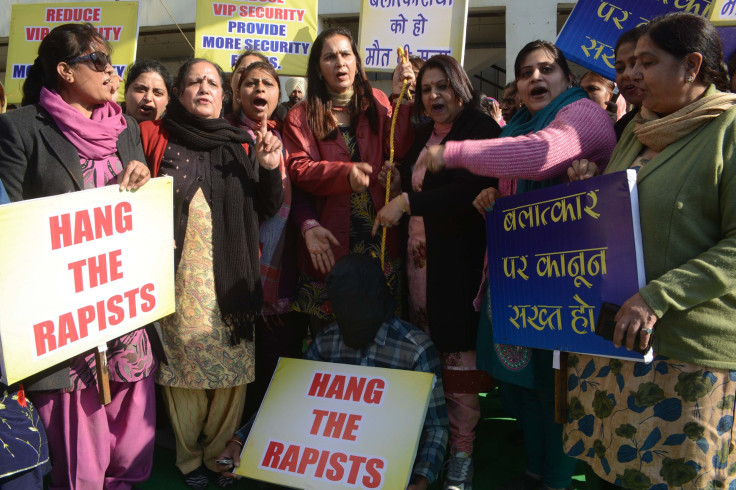Marital Rape Not A Crime, Indian Court Says, Drops Charges Against Accused

On Monday, a high court in Gujarat, India, found a doctor, accused of raping his wife, not guilty because there exist no laws against marital rape in the Indian Penal Code.
The judge presiding over the case ordered the partial quashing of the FIR filed against the doctor at Idar in Sabarkantha district, Gujarat, by the latter's wife, who accused the former of subjecting her to mental and physical torture and forcing her to have oral sex.
“The husband cannot be prosecuted for the offence of rape punishable under Section 376 of the IPC at the instance of his wife as the marital rape is not covered under Section 375 of IPC... which provides that sexual intercourse or sexual acts by a man with his own wife, the wife not being under 18 years of age, is not rape,” Justice JB Pardiwala observed, Hindustan Times reported.
According to India Law Journal, “Marital Rape refers to unwanted intercourse by a man with his wife obtained by force, threat of force, or physical violence, or when she is unable to give consent. Marital rape could be by the use of force only, a battering rape or a sadistic/obsessive rape.”
While Indian Penal Code Section 375, which lists the definitions of rape and was amended to include more details in 2013, now covers oral sex, sodomy and penetration by foreign objects, it makes the exception for married women who are above the legal age.
Marital rape laws are stricter worldwide as the act is considered illegal in all American states, Australian states and territories, New Zealand, Canada, Israel, France, Sweden, Denmark, Norway, Soviet Union, Poland, Czechoslovakia, etc.
However, the international scenario was not in favor of married women in the past. Sir Mathew Hale, Chief Justice in England, said in a statement during the 1600s: “The husband cannot be guilty of a rape committed by himself upon his lawful wife, for by their mutual matrimonial consent and contract, the wife hath given herself in kind unto the husband, whom she cannot retract.”
It was only after women activists started a revolution in America in the 1970s for the removal of marital rape exemption clause that the government started recognizing the importance of making and enforcing rape laws for married women.
Even as the Gujarat high court gave its verdict, the judge expressed regret on the fact that marital rape is not yet criminalized in India.
“No one is even willing to discuss to reform the criminalization of marital rape ... A law that does not give married and unmarried women an equal protection creates conditions that lead to the marital rape,” Pardiwala said in his order.
He added: “Making marital rape illegal or an offense will remove the destructive attitudes that promote the marital rape. The total statutory abolition of the marital rape is the first necessary step in teaching societies that dehumanized treatment of women will not be tolerated and that the marital rape is not a husband’s privilege, but rather a violent act and an injustice that must be criminalized.”
Instead, the judge directed the police to book the doctor under Sections 354 (sexual harassment) and 498 (A) (husband and relative subjecting a woman to cruelty).
© Copyright IBTimes 2025. All rights reserved.






















